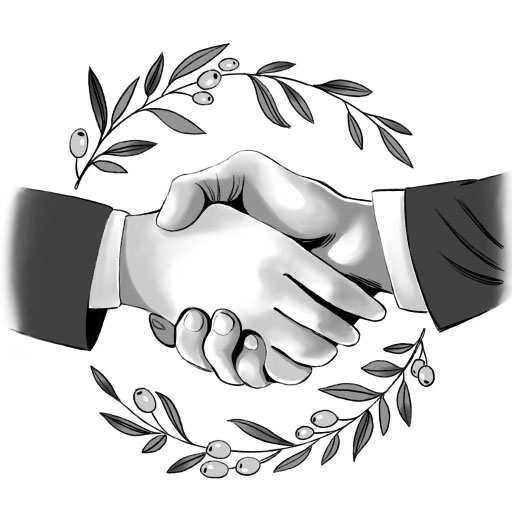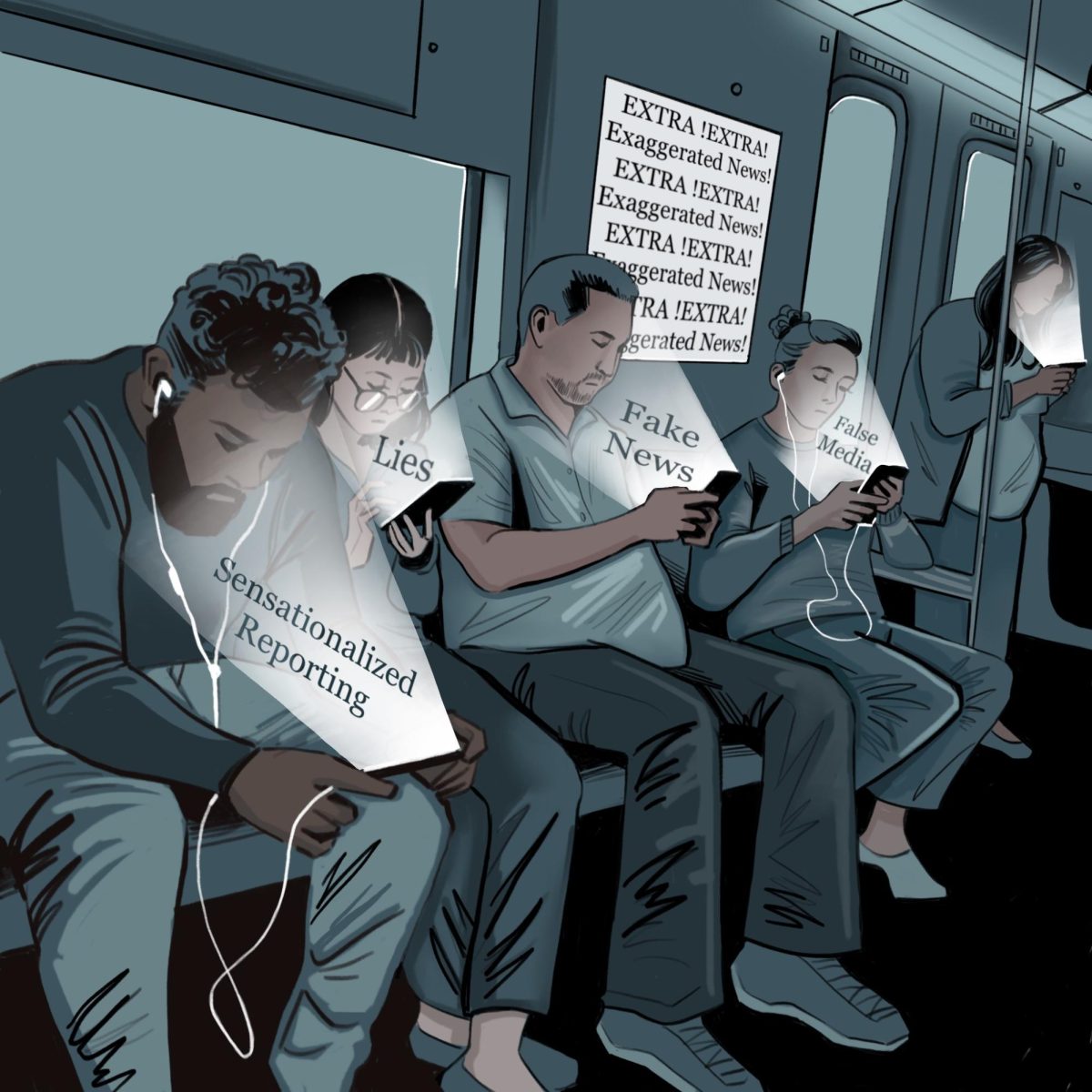For many people across the United States, the political party they support is an important part of their identity. However, in today’s world, it seems the devisiveness has become so polarized that people who view things differently don’t often get along. This can be complicated, especially if you’re in a relationship or have family members and friends with different viewpoints. Elections are a cherished and fundamental part of our constitutional and federal Republic, but they can also have a profound effect on relationships. The nature of politics can bring out intense emotions, which can strain relationships among friends, family and colleagues. It’s important to work together and find a way to unite — even when we disagree.
Elections can create rifts in relationships due to differing political beliefs. Election Day 2024 has come and gone, yet the political discussions have become more frequent and intense. People often feel passionate about their political views, and when those views clash with those around them, they can escalate to resentment and arguments quickly. For instance, a small family dinner can turn into two sides colliding when politics gets involved. We must remember that we need to find common ground — and that we are all just trying to do what we feel is best for the country. These disagreements cause wear on family bonds and sometimes leave lasting effects on connections.
What we need is empathy and listening, especially between politically divided groups, torn by differences in ideology. We must recognize and understand another’s feelings, perceptions, perspectives and life experiences.
Oh, and then there’s social media.
Social media has increased and amplified the impact of elections on relationships. These digital platforms provide spaces for people to express their political opinions publicly. While this can be a good thing, it can lead to misinformation and misunderstanding between parties. This lack of informed decision-making is dangerous and can lead to harmful voting decisions. When individuals vote without understanding the policies and platforms of the candidates, they contribute to the election of officials who do not address the issues facing society. Uninformed voting can increase misinformation and false narratives. It is easier than ever to spread misleading or false information about a candidate’s policies or beliefs. When voters do not take the time to verify the information they receive, they make inaccurate decisions. This affects the outcome of elections and further divides the country. Many posts can be fueled by high emotions and spill over into relationships — resulting in one-time friends blocked or unfriended. If you obtain your political news via social media, do your research, watch different viewpoints, make your own decisions.
All in all, have open and respectful conversations. Encouraging others to listen and understand different viewpoints can help reduce the animosity that often comes with political battles. It’s important to know we can find common ground and have polarized opinions. We can still be civil. Stay engaged and do your research. Analyze it and understand what’s going on; you might find information that you didn’t know before. Seek out reliable and trustworthy sources of information. They should always question and check the information they seek out. Certain media outlets lean towards one political side more than the other, so viewing many different programs can make you become an informed voter. By engaging in open, respectful communication, promoting informed voting and doing your research, it is possible to decrease these negative effects and create a more unified society.
Again, what we need is empathy and listening. Active listening will build empathy, as listening with intent — without interruption or immediately going to counterarguments — shows with whom you are speaking that their voice is valued and they deserve to be heard. These are necessary for mending and healing. These promote understanding and collaboration. In this, we can find common ground and unity, as impressed on the obverse of the Great Seal of the United States, which states in Latin: “E Pluribus Unum.”
“Out of many, one.”





